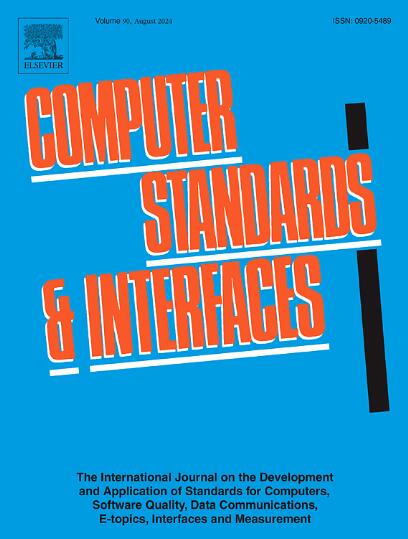西班牙语MTLHateCorpus 2023:用于仇恨语音检测的多任务学习,以识别语音类型,目标,目标群体和强度
IF 3.1
2区 计算机科学
Q1 COMPUTER SCIENCE, HARDWARE & ARCHITECTURE
引用次数: 0
摘要
数字通信的兴起加剧了应对网上有害言论的挑战,尤其是仇恨言论,这些言论基于种族、性别或民族等特征使个人或群体失去人性。这项研究强调了对细粒度检测方法的迫切需要,这些方法考虑到仇恨言论检测的几个子任务,包括其强度,确定仇恨言论所针对的群体,以及目标是个人还是团体。此外,涵盖这些仇恨言论检测子任务的综合西班牙语语料库也存在空白。因此,我们创建了一个名为西班牙语MTLHateCorpus 2023的新语料库,以促进对这些子任务中的仇恨言论的分析,并评估了评估mBART和T5的多任务学习策略的有效性,将其结果与其他使用Zero-Shot学习作为下界和基于几次微调模式的集成作为上界的大型语言模型进行了比较。多任务学习策略所获得的结果表明,它具有增加模型通用性的潜力,允许单个模型在获得竞争性结果的同时有效地处理多个任务,特别是在目标群体识别方面。然而,集成学习略优于多任务学习策略。本文章由计算机程序翻译,如有差异,请以英文原文为准。
Spanish MTLHateCorpus 2023: Multi-task learning for hate speech detection to identify speech type, target, target group and intensity
The rise of digital communication has exacerbated the challenge of tackling harmful speech online, particularly hate speech, which dehumanises individuals or groups on the basis of traits such as race, gender or ethnicity. This study highlights the urgent need for fine-grained detection methods that take into account several subtasks of hate speech detection, including its intensity, determining the groups to which hate speech is directed, and whether the target is an individual or a group. Furthermore, there is a gap in comprehensive Spanish language corpora that cover these subtasks of hate speech detection. Therefore, we created a novel corpus entitled Spanish MTLHateCorpus 2023 to facilitate the analysis of hate speech in these subtasks and evaluated the effectiveness of the multi-task learning strategy evaluating mBART and T5, comparing its results with other Large Language Models using Zero-Shot Learning as a lower bound and an ensemble based on the mode of several Fine-Tuning as an upper bound. The results achieved by the Multi-Task Learning strategy demonstrated its potential to increase model versatility, allowing a single model to effectively tackle multiple tasks while achieving competitive results, particularly in target group recognition. However, the ensemble learning slightly outperforms the Multi-Task Learning strategy.
求助全文
通过发布文献求助,成功后即可免费获取论文全文。
去求助
来源期刊

Computer Standards & Interfaces
工程技术-计算机:软件工程
CiteScore
11.90
自引率
16.00%
发文量
67
审稿时长
6 months
期刊介绍:
The quality of software, well-defined interfaces (hardware and software), the process of digitalisation, and accepted standards in these fields are essential for building and exploiting complex computing, communication, multimedia and measuring systems. Standards can simplify the design and construction of individual hardware and software components and help to ensure satisfactory interworking.
Computer Standards & Interfaces is an international journal dealing specifically with these topics.
The journal
• Provides information about activities and progress on the definition of computer standards, software quality, interfaces and methods, at national, European and international levels
• Publishes critical comments on standards and standards activities
• Disseminates user''s experiences and case studies in the application and exploitation of established or emerging standards, interfaces and methods
• Offers a forum for discussion on actual projects, standards, interfaces and methods by recognised experts
• Stimulates relevant research by providing a specialised refereed medium.
 求助内容:
求助内容: 应助结果提醒方式:
应助结果提醒方式:


